|
Alexander Pushkin was born June 6, 1799 in Moscow, Russia to a family of Russian nobility. His great-grandfather on his mother’s side-Abram Gannibal- was brought from Africa as a slave and rose to become an aristocrat. At the age of fifteen Pushkin published his first poem, and upon graduating from grade school he gained notoriety for his literary talents. His graduating class was the first graduating class of the Imperial Lyceum in Tsarskoe Selo. In 1820 he published his first long poem titled Ruslan and Lyudmila a poem that sparked much controversy. He became a mainstay within the literary scene of St. Petersburg, Russia; his stance on social reform made him an opponent of the Russian Government. In 1820 he was transferred from St. Petersburg to the Caucasus, then to Crimea, then Kamenka, and Chisinau, while in Chisinau he committed himself to freemasonry. Pushkin aligned himself with a secret organization called Filiki Eteria; the group was created to overthrow the Ottoman rule of Greece. When war was waged against the Ottomans, Pushkin kept a diary of the events. Pushkin left Chisinau in 1823 but not before he wrote two romantic poems that brought him national acclaim. The two poems were titled, The Captive of the Caucasus and The Fountain of Bakhchisaray. In 1823 while in Odessa Pushkin was again exiled by the government until 1826, while in exile he wrote love poems to Elizaveta Vorontsova the wife of the General-Governor.
0 Comments
The Freedom Train Network is celebrating black women for the entire month of May. So we will be celebrating and teaching you about great black women of the African diaspora. This episode we are focusing on Professor Wangari Muta Maathai. Wangari Muta Maathai was born on April 1st, 1940 in the village of Ihithe in the Nyeri District of Kenya. Around 1943 her family moved to a White-owned farm where her father had found work, she lived there until 1947 when her mother returned to Ihithe so 2 of her brothers could attend school (there was no schooling on the farm). At the age of 8 she joined her brothers in Primary school and at the age of 11 she moved to St. Cecilia’s Intermediate Primary School, which was a catholic boarding school in Nyeri. She spent four years at the school becoming fluent in English and converting to Catholicism. While at Cecilia’s she was protected from the Mau Mau Uprising that caused her mother to move to an emergency village. She graduated first in her class and was admitted to Loreto High School in Limuru, the only Catholic High School for Girls in Kenya. As colonialism ended in East Africa Kenyan Politicians began to look for ways to make education in Western Nations available, and with the help of Senator John Kennedy, the Kennedy Airlift Program was created. Maathai was one of roughly 300 kenyan's selected to study in the United States in September of 1960.
Born on November 4th, 1942 in Harlem, New York to Rupert and Gladys Bath, Patricia’s path to greatness was piqued when her mother brought her a chemistry set as a young girl. From early on, Mrs. Bath was a hard worker and chose greatness. At the age of 16, she was picked as one of the few students to attend a cancer research workshop sponsored by the National Science Foundation. She impressed the program head so much that he included her findings in a scientific paper presented to the workshop attendees. Due to her efforts, she was awarded the Mademoiselle Magazine’s Merit Award in 1960.
Malcolm Little was born on May 19th, 1925 in Omaha, Nebraska to parents Earl Little and Louise Norton. His parents were both members of Marcus Garvey’s Universal Negro Improvement Association, Earl Little was known as the outspoken Baptist Preacher who took a strong stance against racism. Because of his father’s stance against racism Malcolm’s family experienced constant death threats from the Ku Klux Klan and other whites who opposed his father. The threats caused his family to move several times eventually settling outside of East Lansing, Michigan in 1929. Two years later Earl Little was murdered by a band of whites who disliked his opposition to their system of supremacy. His death was ruled an accidental suicide but neither his family nor his neighbors believed the official report.
After the loss of his father Malcolm’s family experienced economic hardships which took a toll on their quality of life. The constant threats along with the hardship took a negatively affected Malcolm's mother Louise, she eventually experienced a decline in her mental health, and declared legally insane by the state and committed to a Michigan mental asylum. Malcolm’s early childhood experiences with racism left a bitter taste in his mouth towards whites, despite his adversity his continued to excel academically in all-white school settings. Once Malcolm was told by one of his white male teachers, “it was unrealistic for a nigger to want to be a lawyer.” This experience did not help motivate Malcolm to continue excelling academically. He eventually dropped out of school and was placed in several juvenile delinquent homes until he left Michigan for Boston in 1941. Click the button below to purchase your copy of the On the Shoulders of Giants book series.
Melvin Tolson was born in Moberley, Missouri in 1898, to parents Reverend Alonzo Tolson and Lera Tolson. Lera Tolson was a seamstress and Reverend Tolson served at several Churches in the Missouri, Iowa and Kansas City areas; Tolson’s parent stressed the importance of education with their four children. In 1912 he published his first poem, “The Wreck of the Titanic,” in the Oskaloosa, Iowa newspaper. He also became the senior class poet at Lincoln High School. In 1918 Tolson graduated from Lincoln High School in Kansas City, Missouri, and then attended Fisk University before transferring to Lincoln University in Pennsylvania as a freshman. Tolson received his Bachelors of Arts with honors from Lincoln University in 1923. During his time at Lincoln University he met Ruth Southall; they married in 1922 and had four children. In 1924 after graduating from Lincoln University, Tolson became an instructor of English and Speech at Wiley College in Marshall, Texas. He not only taught at Wiley College, he coached the junior varsity football team, directed the theater club, co-founded the black intercollegiate Southern Association of Dramatic Speech and Arts, and organized the Wiley Forensic Society, which was the Wiley College debating club.
Download the podcast to learn more about Melvin B. Tolson.
He was dedicated to educating black people about their history and also promoted people researching for themselves. Woodson is noted as one of the first scholars to study slavery from the experiences of the slaves, he was able to capture the true horrors and terror African people faced on a daily bases. He was noted for publishing such works as The Negro Wage Earner, The Negro Professional Man and the Community, A Century of Negro Migration, A History of the Negro Church, The Negro in Our History, The Mis-Education of the Negro, and The African Background Outlined. Woodson would die 1950 in Washington D.C. being regarded as the “Father of Black History” because of his contributions to history of African people as well as being the champion behind Negro History Week, which eventually became Black History Month. If it were not for people like Carter G. Woodson and J.A. Rogers it would be even more difficult now for us to know our story.
|
On the Shoulders of GiantsThe mission of On the Shoulders of Giants, Inc. is to provide an innovative and informative approach to educating middle school, high school, college age and young adults, about the history , culture, influence and impact of the heroes and culture of the African diaspora. Archives
August 2021
All
|
||||||||||||||||||||||||||||||||||||

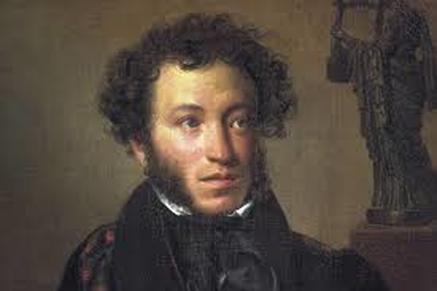

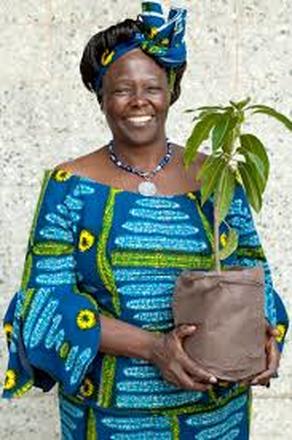
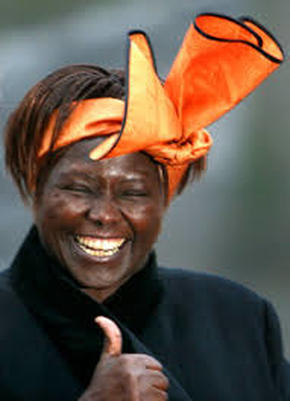


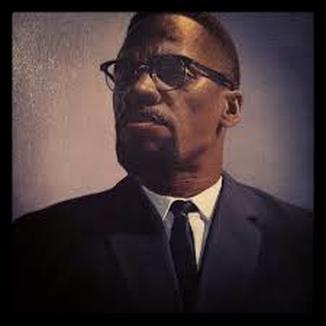
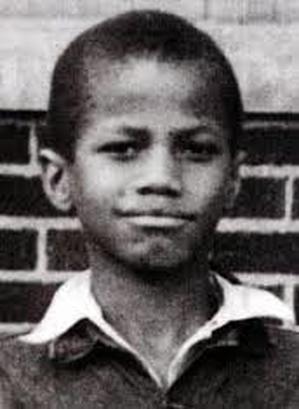
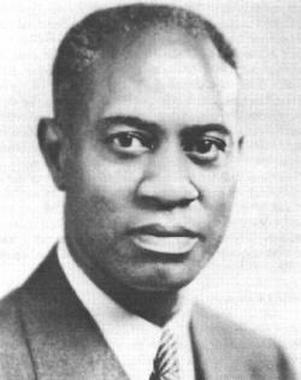
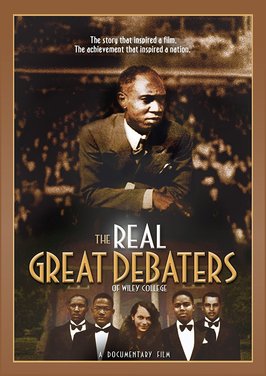
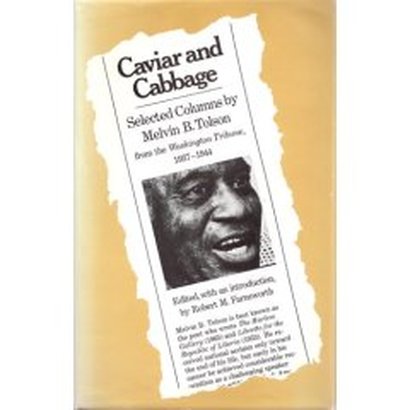
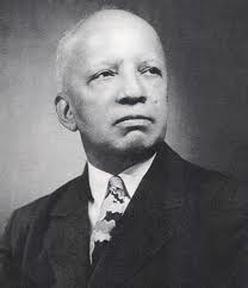
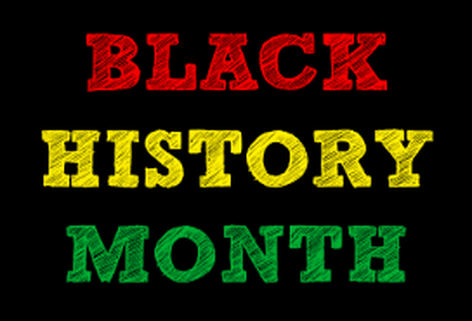

 RSS Feed
RSS Feed